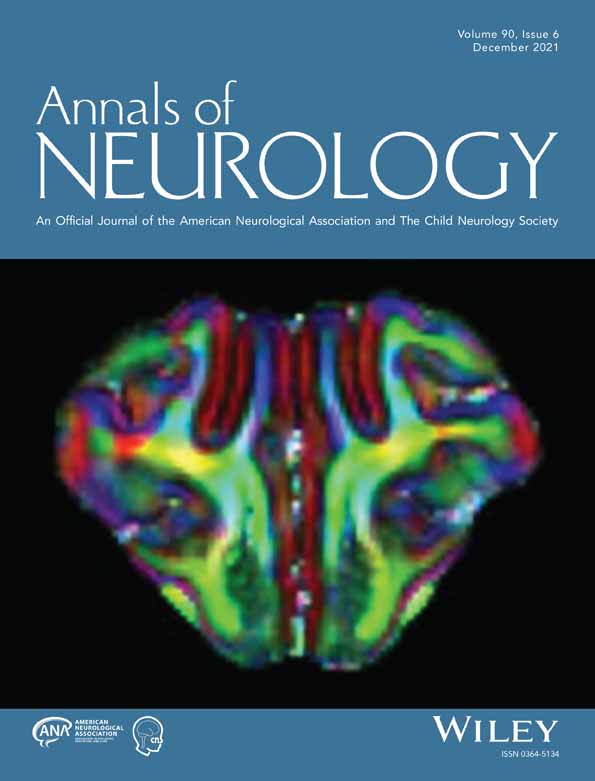Hydroxychloroquine for Primary Progressive Multiple Sclerosis
Abstract
Objective
Primary progressive multiple sclerosis (PPMS) does not respond well to immunomodulatory or immunosuppressive treatment. Chronic activation of microglia has been implicated in the pathophysiology of PPMS. The antimalarial drug hydroxychloroquine (HCQ) reduces the activity of human microglia and has neuroprotective effects in vitro.
Methods
We conducted a single-arm, phase II futility trial of 200 mg oral HCQ twice daily for 18 months. In an effort to investigate disability worsening in the absence of overt focal inflammation, we excluded participants with contrast enhancing lesions on a screening magnetic resonance imaging (MRI). The primary end point was ≥20% worsening on the timed 25-foot walk measured between 6 and 18 months of follow-up.
Results
Based on original trial data, 40% of the cohort were expected to worsen. We used a Simon 2-stage design to compare a null hypothesis of 40% of the cohort worsening against the one-sided alternative of 20%. Using a 5% type 1 error rate and 80% power, HCQ treatment would be deemed successful if fewer than 10 of 35 participants experienced clinically significant worsening. The study met its primary end point, as only 8 of 35 participants worsened between 6 and 18 months. HCQ was overall well-tolerated, with adverse events in 82% and serious adverse events in 12% of participants. All serious adverse events were unlikely related to HCQ use.
Interpretation
HCQ treatment was associated with reduced disability worsening in people with PPMS. HCQ is a promising treatment candidate in PPMS and should be investigated further in randomized controlled clinical trials. ANN NEUROL 2021;90:940–948
Potential Conflicts of Interest
M.W.K., S.K., K.S., J.K., M.L., G.C., W.Y., and L.M.M. have nothing to report. G.R.C. reports personal fees from Teva Neuroscience, one of the makers of the generic drug hydroxychloroquine.
Open Research
Data Availability
We do not have the participants’ consent and research ethics committee approval to share participant-level data.




